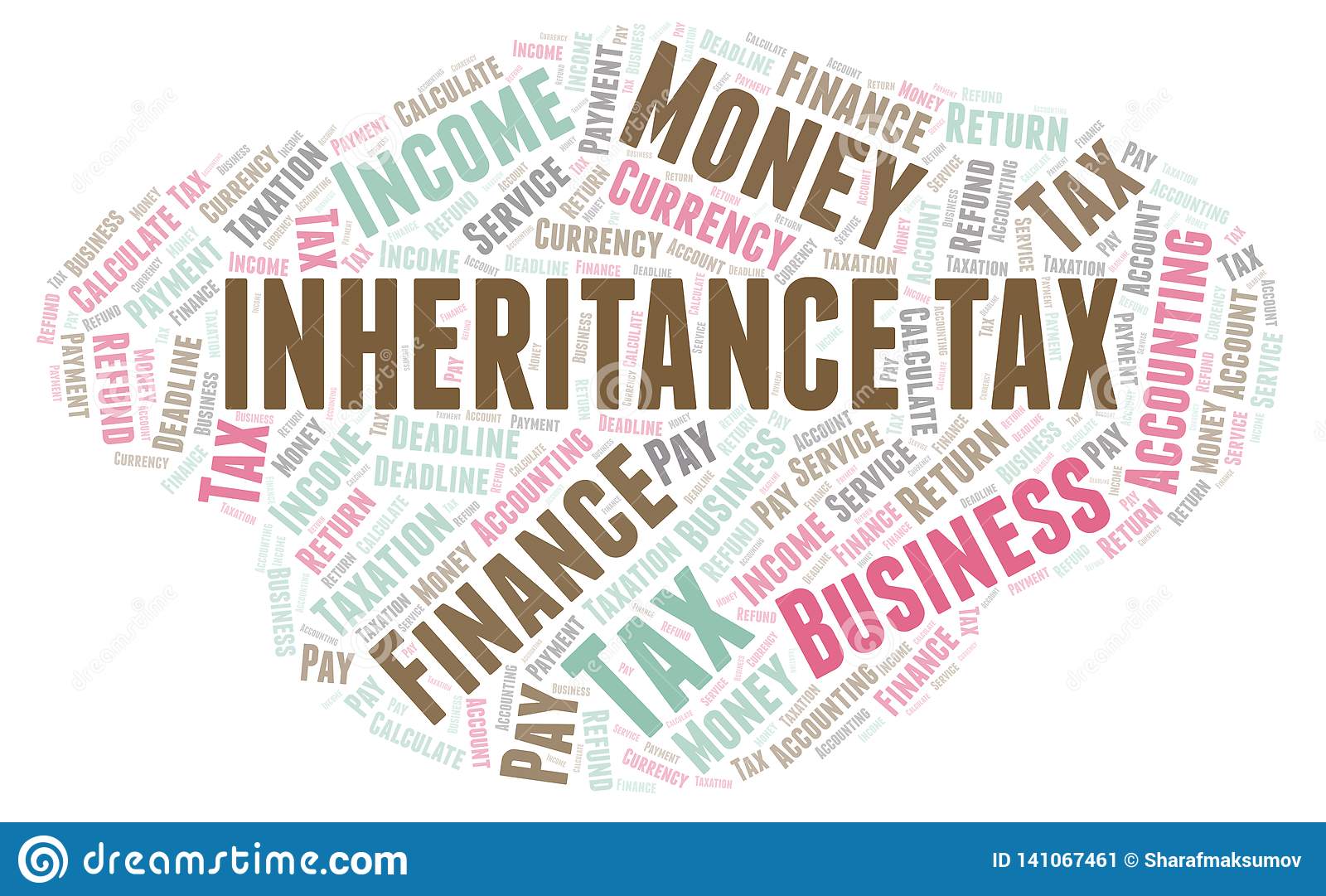As the old saying goes, “The only certainties in life are death and taxes.” However, for the affluent, the latter can often be mitigated through strategic planning and leveraging various legal strategies. When it comes to inheritance taxes, the wealthy employ a range of tactics to minimize their financial obligations and preserve their hard-earned wealth for future generations. In this comprehensive guide, we’ll unveil the closely guarded secrets that enable the rich to avoid inheritance taxes effectively.
The Estate Tax Conundrum
Before delving into the strategies, it’s essential to understand the inheritance tax landscape. The federal government imposes a significant estate tax, commonly known as the “death tax,” on the transfer of assets from deceased individuals to their beneficiaries. This tax can be a substantial burden, with rates as high as 40% on any value exceeding the exemption limit, which currently stands at $12.92 million for individuals and $25.84 million for married couples in 2023.
Additionally, several states, including Hawaii, Washington, Oregon, Minnesota, Illinois, Vermont, Maine, New York, Massachusetts, Rhode Island, Connecticut, Maryland, and Washington, D.C., have their own estate taxes, further compounding the financial strain on inherited wealth.
Strategies for Avoiding Inheritance Taxes
While it may seem daunting, the wealthy have a arsenal of strategies at their disposal to minimize or even eliminate their inheritance tax liabilities. Here are some of the most commonly employed tactics:
-
Relocating to a Tax-Friendly State: One of the simplest and most effective strategies is to establish residency in a state that does not impose an estate tax. By carefully managing their residency status and adhering to the necessary requirements, the wealthy can avoid additional state-level inheritance taxes.
-
Establishing Trust Funds: Trusts are powerful tools that can help shield assets from inheritance taxes. Two popular options are charitable lead trusts (CLTs) and charitable remainder trusts (CRTs). With CLTs, a portion of the trust’s assets is donated to a charity, reducing the overall taxable estate. Conversely, CRTs allow individuals to receive income from their assets during their lifetime, with the remaining assets being donated to a charity upon their death, thus avoiding inheritance taxes.
-
Irrevocable Life Insurance Trusts: Life insurance proceeds can be subject to inheritance taxes if they are part of the deceased’s estate. To circumvent this, the wealthy often establish irrevocable life insurance trusts (ILITs), where the ownership of the life insurance policy is transferred to the trust. This way, the death benefits are not included in the taxable estate, providing a tax-free inheritance for beneficiaries.
-
Income Division Among Family Members: By strategically dividing their income among family members, the wealthy can take advantage of lower tax brackets and minimize their overall tax liability. This strategy is particularly effective for high-income earners, as it reduces the concentration of wealth in a single individual’s estate.
-
Donor-Advised Funds: Donor-advised funds offer a unique opportunity to grow investments tax-free while simultaneously reducing the taxable estate. Contributions to these funds are considered charitable donations, providing immediate tax deductions and reducing the overall value of the estate subject to inheritance taxes.
-
Business Succession Planning: For wealthy individuals with substantial business interests, proper succession planning is crucial. By transferring ownership to capable heirs or co-owners, the value of the business can be removed from the taxable estate, minimizing inheritance tax liabilities.
-
Life Insurance Investments: Investing in life insurance policies can serve as a strategic hedge against inheritance taxes. The death benefits from these policies can provide liquidity to beneficiaries, enabling them to pay any outstanding inheritance taxes without having to liquidate assets or sell off businesses.
The Importance of Professional Guidance
While these strategies can be highly effective, they often involve complex legal and financial considerations. Navigating the intricate web of inheritance tax laws and regulations can be a daunting task, even for the most financially savvy individuals. This is where the expertise of professional advisors becomes invaluable.
Experienced estate planning attorneys, tax professionals, and wealth managers can provide tailored guidance and develop comprehensive plans to minimize inheritance tax liabilities. They can identify the most suitable strategies based on individual circumstances, ensuring compliance with all applicable laws and regulations.
By collaborating with these professionals, the wealthy can safeguard their legacy, protect their assets, and ensure that their hard-earned wealth is passed down to future generations with minimal interference from inheritance taxes.
Conclusion
In the world of wealth preservation, knowledge is power. Understanding the various strategies available for avoiding inheritance taxes can make a significant difference in the long-term preservation of family wealth. While the tactics employed by the rich may seem complex, they are often rooted in legal and ethical principles, designed to minimize tax burdens while adhering to the letter of the law.
Ultimately, the key to successful inheritance tax avoidance lies in meticulous planning and seeking professional guidance. By taking proactive steps and embracing these strategies, the wealthy can secure their financial legacies and ensure that their hard-earned fortunes are passed down to future generations with minimal erosion from inheritance taxes.
How Do I Leave An Inheritance That Won’t Be Taxed?
FAQ
How do rich people get around inheritance tax?
Are there loopholes for inheritance tax?
Is there any way around inheritance tax?

